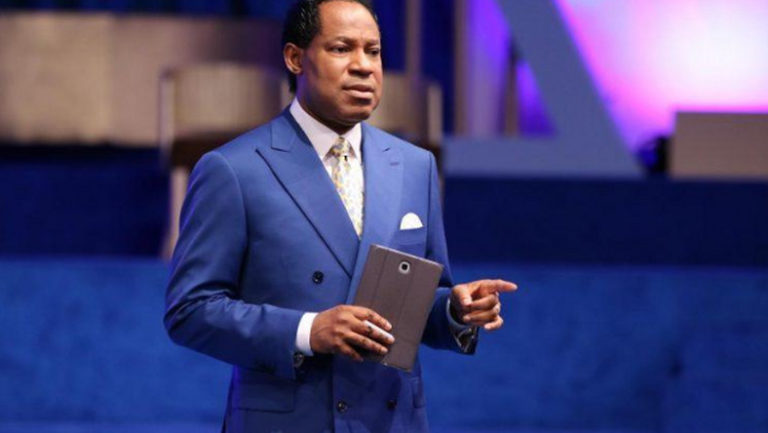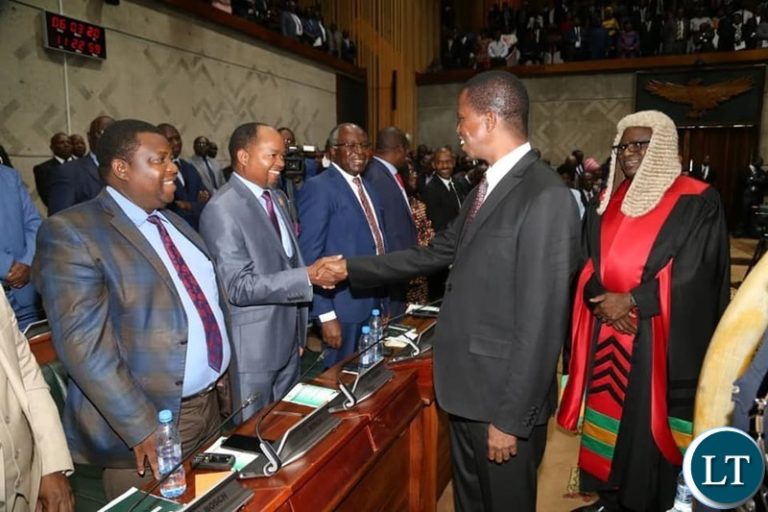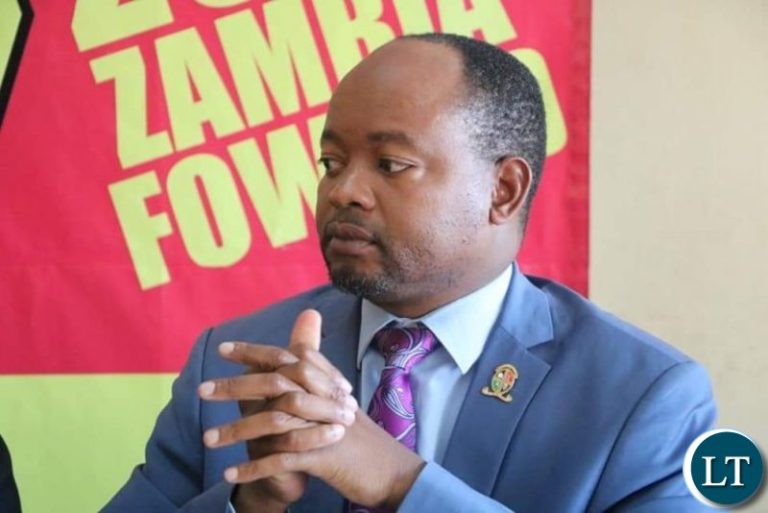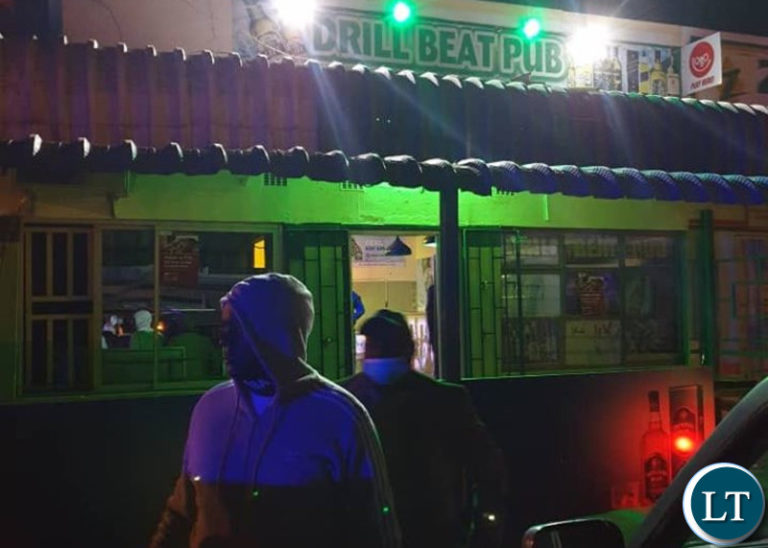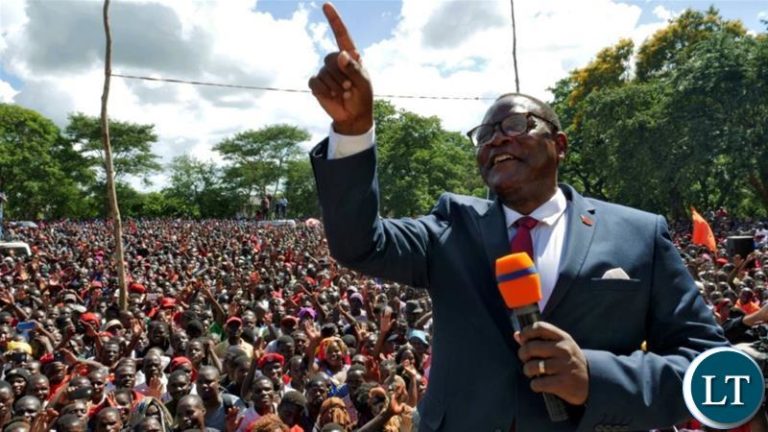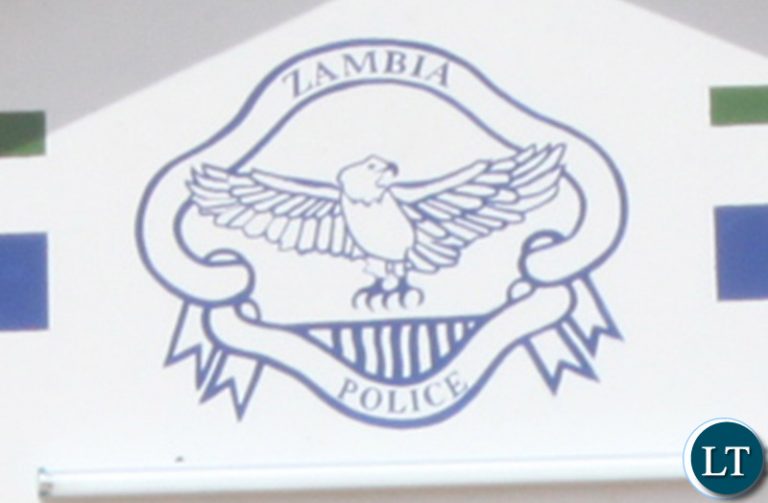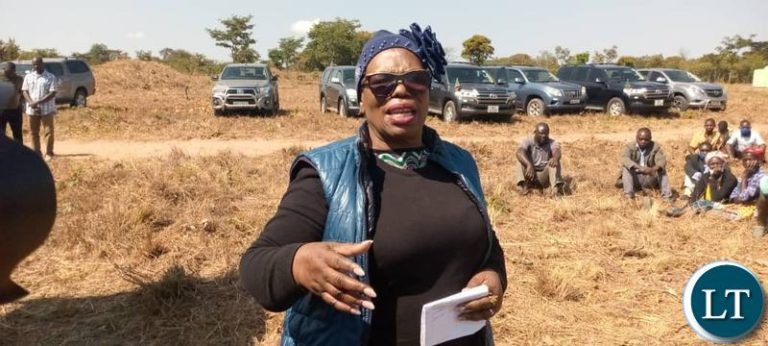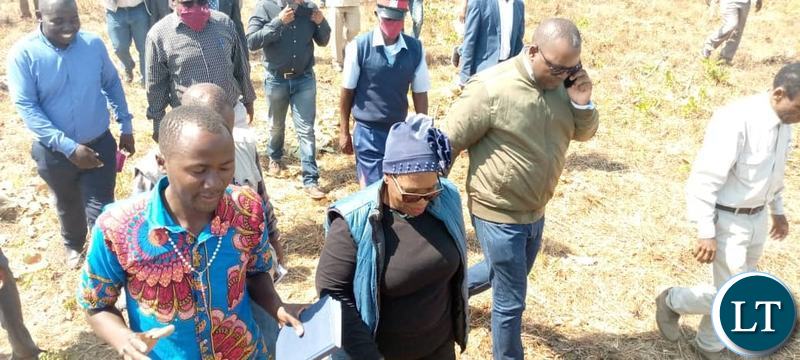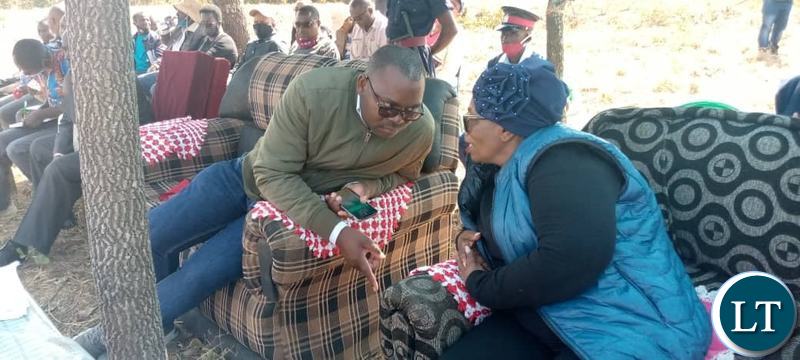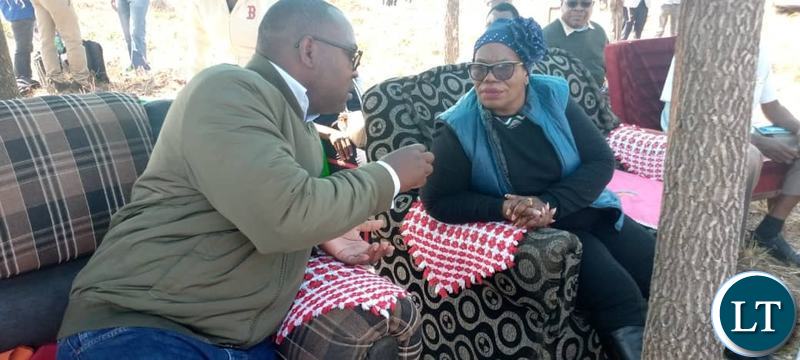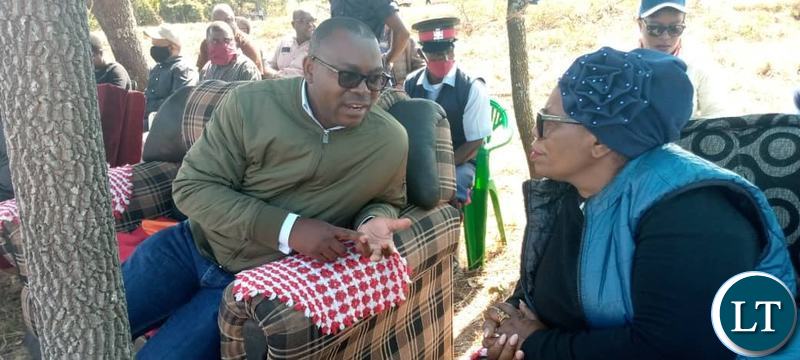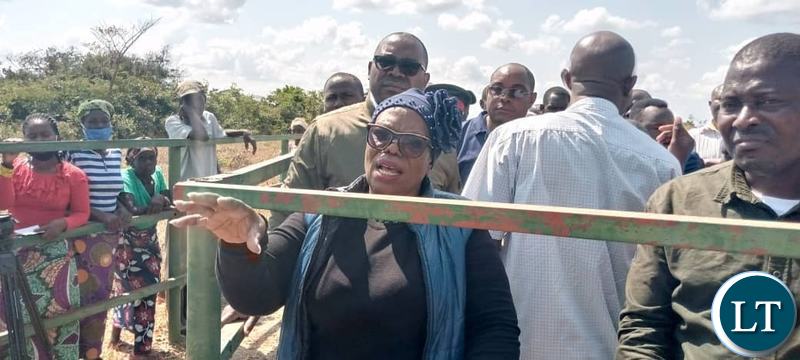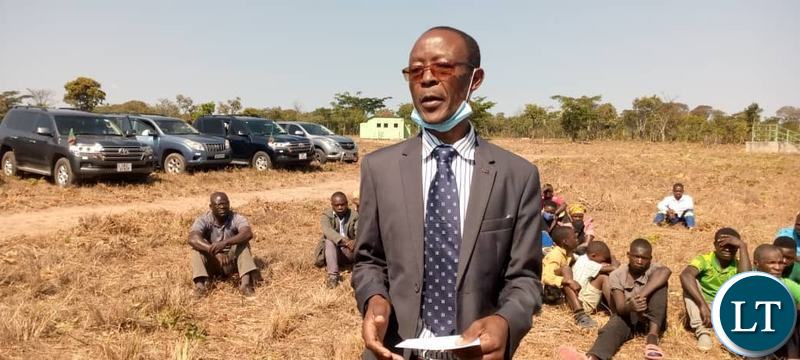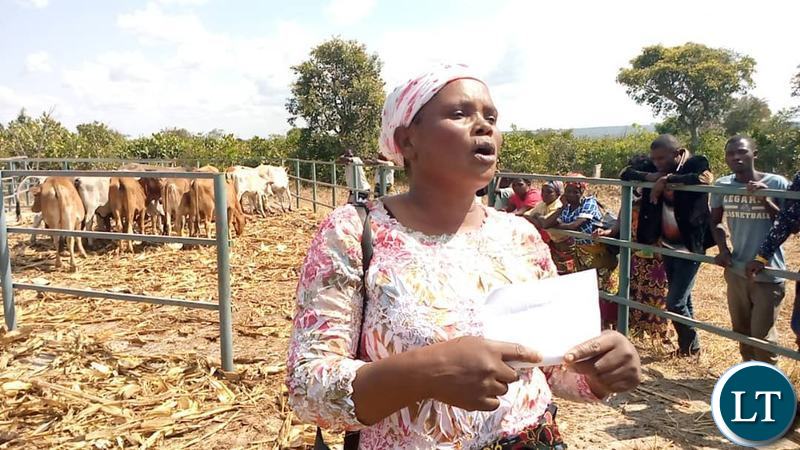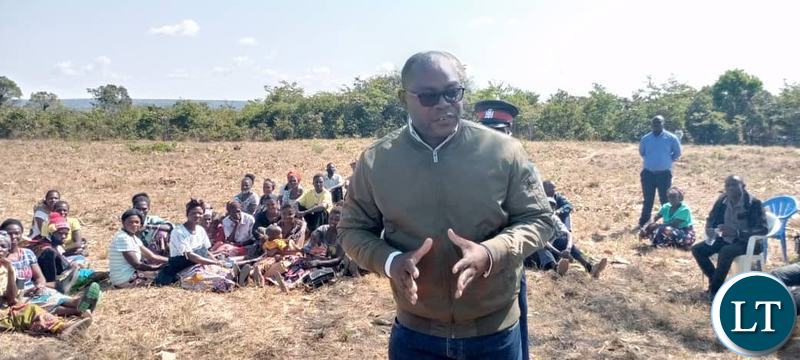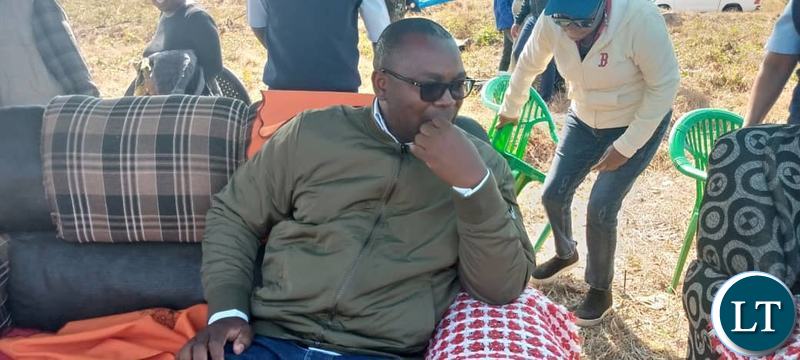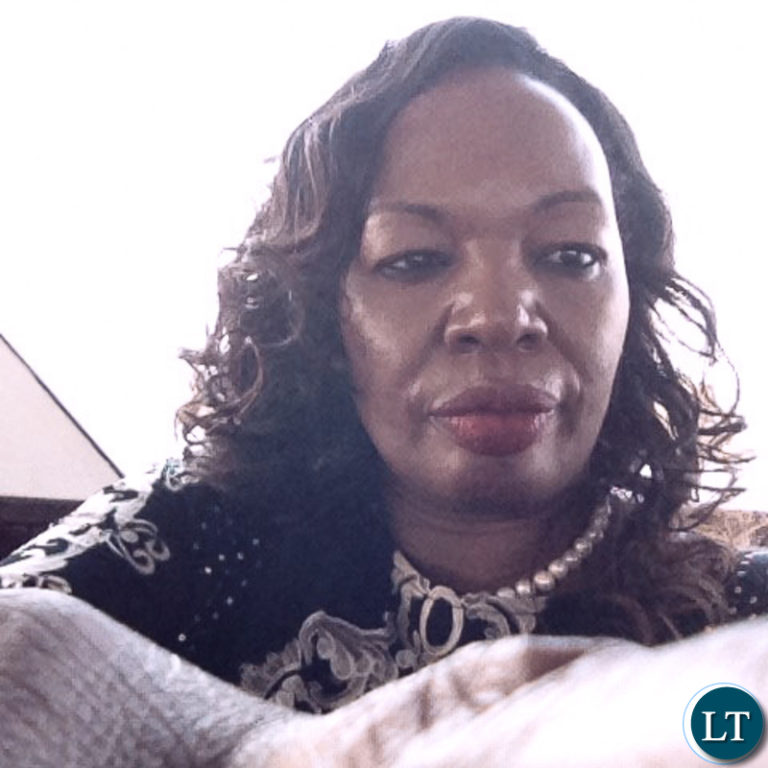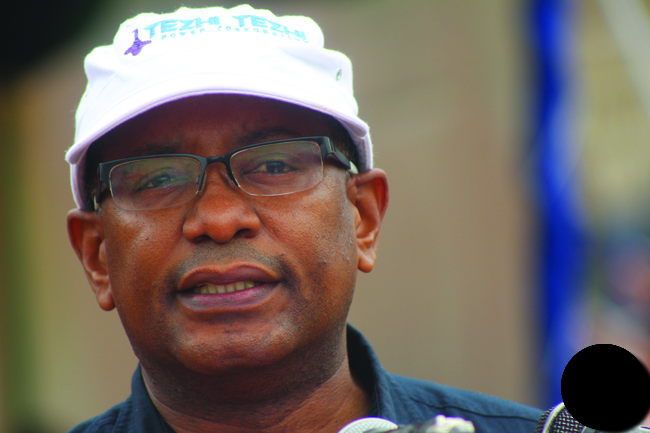President Edgar Lungu has congratulated newly elected Malawian President, Dr. Lazarus Chakwera. In his letter to his new counterpart, President Lungu says; “Your election is an affirmation of the trust and confidence that the people of Malawi have in your leadership qualities, which ushers in a wave of democratic change that the people of Malawi have been advocating for.”
According to a statement released to the media by State House, President Lungu added, “Zambia and Malawi share strong brotherly bonds of friendship based on mutual respect. I, therefore, wish to take this opportunity to reaffirm my country’s commitment to maintaining strong bilateral relations that our two countries have continued to enjoy, for the mutual benefit of our two peoples.”
President Lungu looks forward to working closely with Dr Chakwera and wished him good health and prosperity for the people of the Republic of Malawi.
Last night, Malawi’s electoral commission has declared opposition alliance leader Lazarus Chakwera the winner of the country’s presidential election rerun.
The announcement late on Saturday came four days after Malawians returned to the polls almost five months after the constitutional court annulled the results of a May 2019 vote over irregularities.
Chakwera, 65, secured the required majority, with 58.57 percent of Tuesday’s vote, the electoral commission said, beating the incumbent Peter Mutharika. Chakwera won election to a five-year term as president of the nation of 18 million people.




